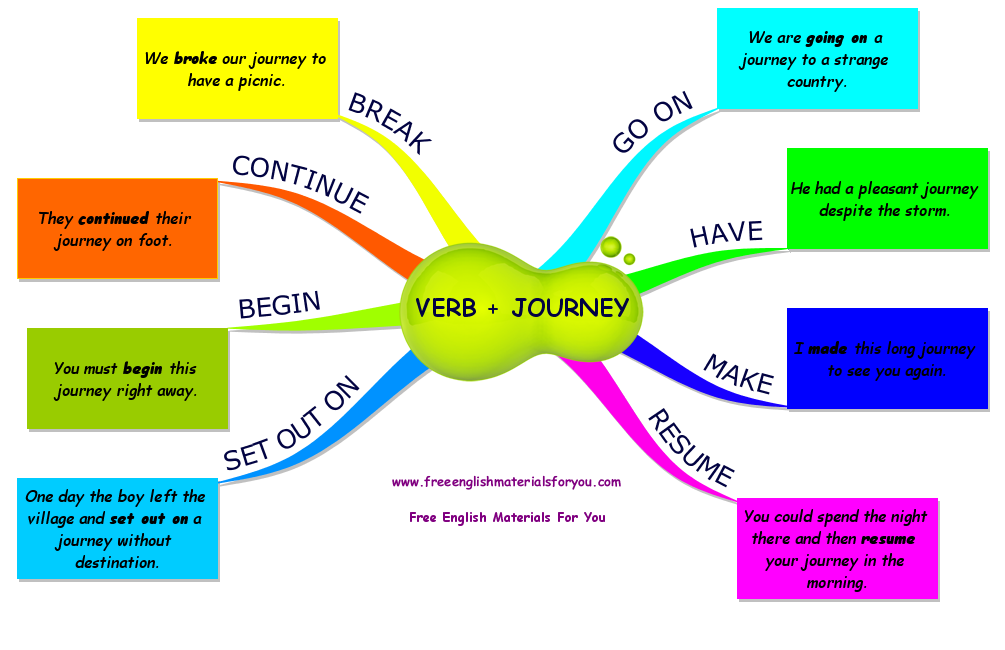
Collocations to increase world power for IELTS writing test.
It is noticed that IELTS learners often face difficulties when it comes to collocations which can be defined as the natural combination of words or the correct arrangement of words in a sentence. With regard to the IELTS Writing Task 2, IELTS test takers should make the most of collocations to ace the IELTS Writing test. This means IELTS learners shouldn’t learn individual words by themselves and should focus on what other words they are used with. The very first article about collocations on this website will equip you with 20 useful collocations to build up your vocabulary & maximize your IELTS score. It is widely acknowledged that collocations play an important role in second language learning, particularly at the intermediate and advanced levels. Collocations enhance improvement of learners’ oral communication, listening comprehension, and reading speed, and that teaching collocation enables learners to be aware of language chunks used by native speakers in speech and writing. Here are 20 collocations that you can use to improve your essay in IELTS Writing Task 2 1-To play/have a(n) important/key/vital/crucial role in (doing) sth: to play an important part in sth- University education plays a crucial role in improving the quality of human workforce.
- The medical advances have made outstanding contributions to the public’s health care.
 3-To solve the problem
3-To solve the problem
- Whoever created this problem should solve it.
- The number of the vehicles used is the key factors influencing pollution.
- The customers reap the benefits of globalization.
- The vaccination program has been a contributing factor in the improvement of health standards.
- Alcohol contributes to 100,000 deaths a year in the US.
- Many students derived enormous benefit from the course.
- Everyone should have the right to freedom of expression.
- Full-time employees are entitled to receive health insurance.
 10-To benefit greatly/enormously/considerably … from sth
10-To benefit greatly/enormously/considerably … from sth
- Many thousands have benefited considerably from the new treatment.
- We want all our students to achieve a huge success in the exam
- The authorities are planning to launch a full-scale investigation into the crash.
- The charity exists to meet the needs of elderly people.
- Visiting Disneyland has fulfilled a boyhood dream.
 15-To fulfil a requirement/condition/obligation
15-To fulfil a requirement/condition/obligation
- Britain was accused of failing to fulfill its obligation under the EU Treaty.
- I’d like to see him fulfill his promise to reorganize the army.
- The program is designed to satisfy the needs of adult learners.
- The need to gain knowledge about birth control.
- S officials expect other Western governments to make common cause with them over the arrests.
- What caused you to change your mind ?
Using Collocations to Boost Your IELTS Score
The correct use of collocations is an essential part of improving your English level and boosting your IELTS score. Using collocations correctly allows you to write and speak more like a native speaker and they are also one of the things that examiners look out for when marking your tests.
Learning new words as part of a collocation is a much more effective way of improving our vocabulary than simply learning single words by themselves.
Collocations are two or more words that naturally go together. They sound ‘correct’ to a native speaker. Using other combinations that do not form natural collocations might sound ‘incorrect’.
Examples
We could describe a night out as ‘great fun’, but we would not describe it as ‘big fun’. Similarly, we could describe the rain as being ‘heavy’, but we would not say that it is ‘weighty’ or ‘big’ rain. There are many different types of collocations that you should be aware of. Below are the main ones and some examples. Please note that this is not a list of collocations that you should use in your test, just some examples to help you understand what collocations are.Adverb + Adjective
It’s vitally important to learn collocations.Using Collocations to Boost Your IELTS Score
The correct use of collocations is an essential part of improving your English level and boosting your IELTS score. Using collocations correctly allows you to write and speak more like a native speaker and they are also one of the things that examiners look out for when marking your tests.
Learning new words as part of a collocation is a much more effective way of improving our vocabulary than simply learning single words by themselves.
Collocations are two or more words that naturally go together. They sound ‘correct’ to a native speaker. Using other combinations that do not form natural collocations might sound ‘incorrect’.
